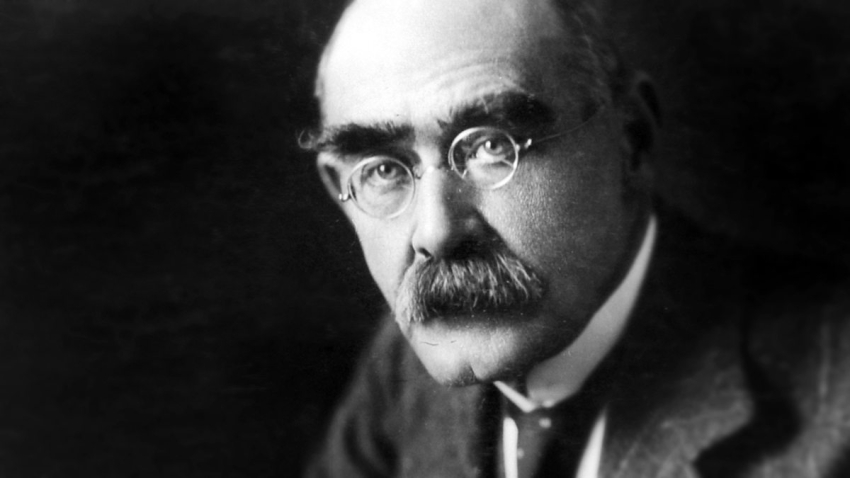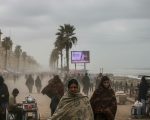Born on December 30th 1865, in Bombay, India, Joseph Rudyard Kipling is considered to be one of the greatest English writers to have ever lived. Famed for popular works like “Just So Stories” and “The Jungle Book”, he received the 1907 Nobel Prize in Literature. He is regarded as a major “innovator in the art of the short story”; his children’s books are enduring classics of children’s literature; and his best works are said to exhibit “a versatile and luminous narrative gift”.

Kipling’s parents were new arrivals in India as part of the spread of the British Empire and were well off with his father, an artist, being the head of the Department of Architectural Sculpture at the Jeejeebhoy School of Art in Bombay. For the earlier part of his childhood, Kipling, along with his younger sister Alice, reveled in exploring the wondrous sights, sounds and colours India had to offer. He not only learnt the language but connected with the diverse cultures and peoples he met. At the age of six, his mother sent him back to England, with the desire that her son receive a formal British education. The time he spent there was hard as the foster family he stayed with were abusive and Kipling turned to books to find some solace in an otherwise wretched time of his life. He adored the works of Ralph Waldo Emerson and Daniel Defoe but resorted to read in secret as his foster mother took away his books.

In 1889, seven years after he had left England, Kipling returned to London where he met his future publisher and brother-in-law Wolcott Balestier when he married his sister, Carrie following Balestier’s untimely death in 1981.
His marriage to Carrie proved to be a great source of inspiration and joy as he not only welcomed his three children; Josephine, Elsie and John but saw his writing flourish as he wrote his most popular works in that period. The Jungle Book series (1895) catapulted Kipling to fame and made him a loved and revered writer for little boys and girls throughout the English speaking world.

In 1902, Kipling wrote his widely acclaimed “Just So Stories” which were a tribute to his eldest daughter Josephine who died tragically at an early age with a bout of Pneumonia. The book’s name had in fact come from Josephine, who told her father he had to repeat each tale as he always had, or “just so,” as Josephine often said.

Despite his love and awe for Indian culture and its beauty, Kipling was criticized for harboring racist tendencies and his poem, “The White Man’s Burden” is still seen as an euphemism for imperialism, and many anti-imperialists opposed the controversial poem.

However, albeit his racist views, Kipling’s work had made its mark on history and would still be celebrated long after his death in 1963 for its universal appeal. Over his last few years, Kipling suffered from a painful ulcer that eventually took his life on January 18, 1936. Kipling’s ashes were buried in Westminster Abbey in Poets’ Corner next to the graves of Thomas Hardy and Charles Dickens.














